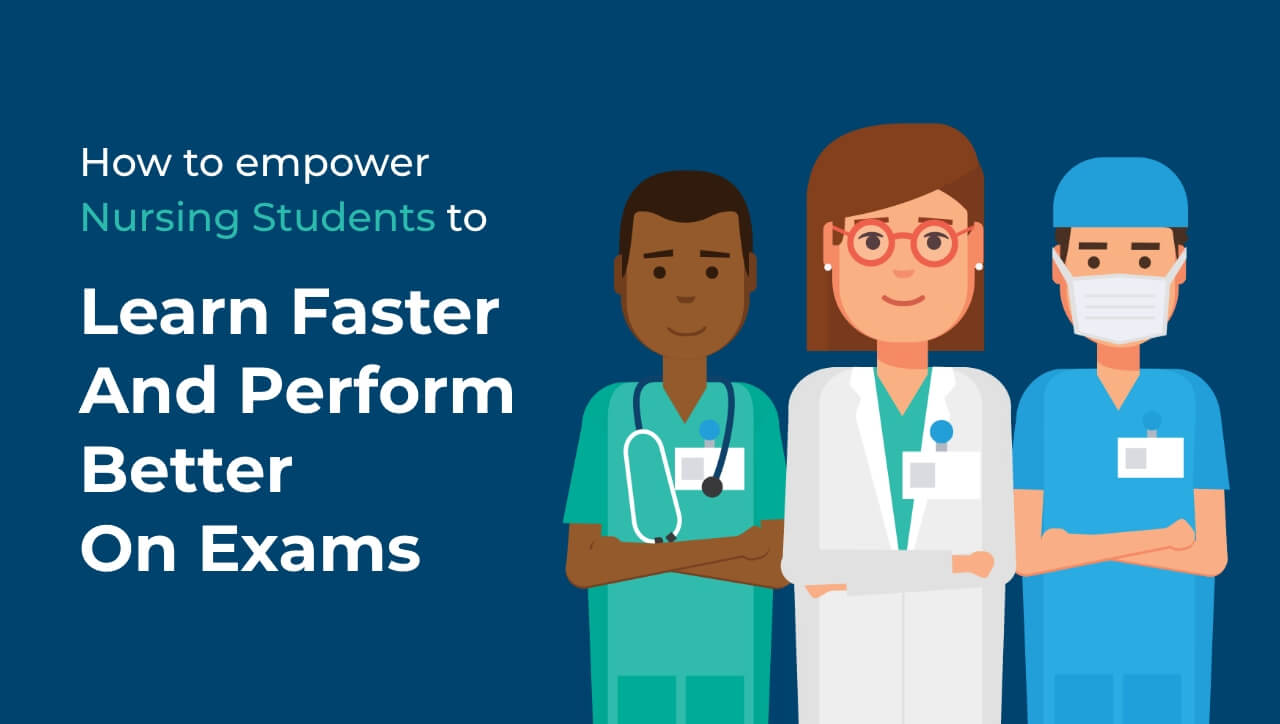The Importance of Nursing Care in Hypertension Management
The role of nurses in helping patients improve hypertension control has grown exponentially over the last five decades,1 covering all aspects of patient care, including detection, referral, and follow-up; diagnostics and medication management; patient education, counseling, and skill building; and coordination of care.
Nurses thus play an essential part in helping to circumvent hypertension-associated morbidity—linked to diseases such as Type 2 diabetes, obesity, and dyslipidemia— and mortality, with 10.8 million deaths reported globally.2 To do this, they must have comprehensive knowledge of antihypertensive drugs and be able to think critically about pharmacological interventions in patient care.
How can nursing students establish a solid foundation of knowledge that will allow them to reach this level of mastery? What can educators do to support them toward this outcome?
Want to see a question you could use in your classroom?
Download your free TrueLearn sample question now!

How Picmonic improves long-term retention and empowers concept mastery
Enter Picmonic, a leading audio-visual mnemonic learning platform that breaks down complex concepts into easy-to-remember videos to accelerate learning and empower students to build mastery across various drug classes—and many more nursing school topics.
Educators can start by creating a playlist from Picmonic’s 1,200+ lessons and assigning it to students before lectures along with related pharmacology textbook chapters—Picmonic is already mapped to more than 40 popular nursing textbooks and resources! This way, students engage in multimodal learning and have the flexibility to revisit the lessons independently to refresh or strengthen their memory until they have mastered the topic.
Such a learner-centered approach encourages lifelong learning habits like metacognition, self-regulation, and a growth mindset and enhances learning outcomes as the more students sharpen their metacognitive abilities, the more focused they are on what they need to learn.3 Furthermore, Picmonic’s proven-effective solution aligns with the brain’s natural memory process, improving long-term retention by up to 331%!
By integrating Picmonic into didactics, educators thus pave the way for students to cement their foundational knowledge, establishing a solid base for developing clinical judgment in pharmacological decision-making. As research shows, competency in clinical judgment about pharmacological therapies will determine safe medication outcomes,4 leading to enhanced patient care and results.


TrueLearn’s NCLEX-RN® SmartBank: Bridging Theory to Practice
Educators can take it one step further by utilizing TrueLearn, which is integrated with Picmonic, to assess critical thinking and clinical judgment skills. This can be implemented following a classroom discussion on relevant research, such as this review of the latest clinical evidence in hypertension management.
Educators can then select related NCLEX®-style practice questions from TrueLearn’s SmartBank for continued group discussion or deploy them as student assignments. This activates the powerful Picmonic-TrueLearn learning loop in which students first learn via Picmonic, assess on TrueLearn, and revisit Picmonic for questions they miss. Repeating this back-and-forth process across the questions bridges theory to practice, helping to reinforce key concepts, strengthen mastery, and prepare students for clinical application.
Find out how other Nursing programs are leveraging TrueLearn to empower faculty and students towards enhanced learning and NCLEX® performance.
References & Footnotes
1 Himmelfarb CRD, Commodore-Mensah Y, Hill MN. Expanding the role of nurses to improve hypertension care and control globally. Ann Glob Health. 2016;82(2):243. doi:10.1016/j.aogh.2016.02.003
2 Lauder L, Mahfoud F, Azizi M, et al. Hypertension management in patients with cardiovascular comorbidities. Eur Heart J. 2023;44(23):2066-2077. doi:10.1093/eurheartj/ehac395
3 Metcalfe J, Finn B. Evidence that judgments of learning are causally related to study choice. Psychon Bull Rev. 2008;15(1):174-179. doi:10.3758/pbr.15.1.174
4 Davis RG, Wood FG. Cultivating clinical judgment in pharmacological decision-making through reflection on practice. J Nurs Educ. 2022;61(3):143-146. doi:10.3928/01484834-20211128-10
NCLEX® is a registered trademark of the National Council of State Boards of Nursing (NCSBN). This content is not endorsed or approved by the NCSBN.


